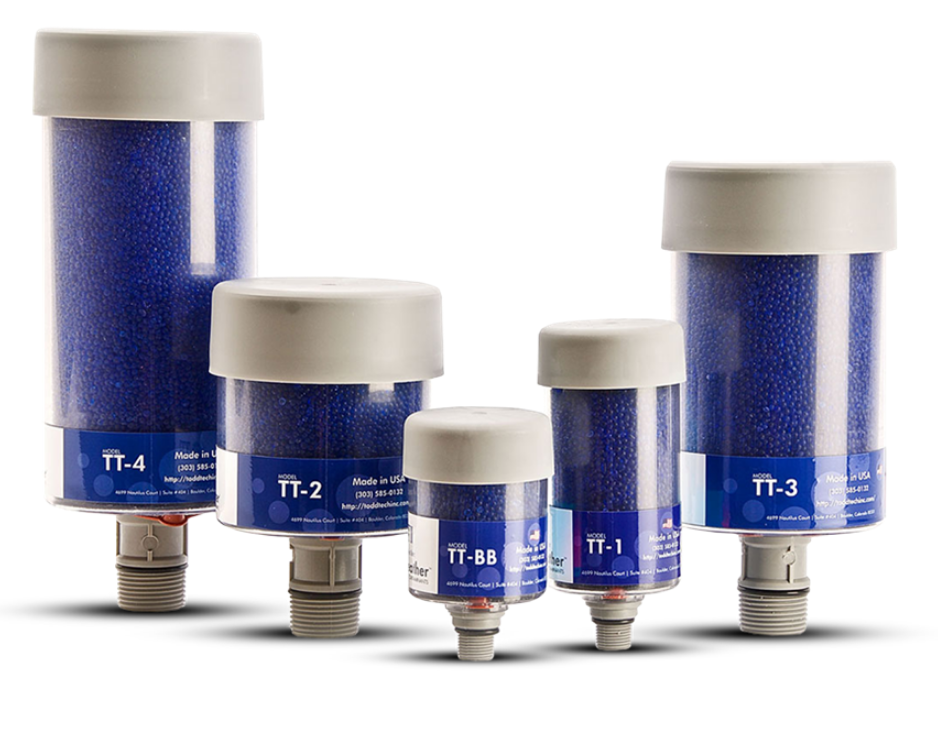How you store your lubricants is almost as important as what lubricants you use. If improperly stored, lubricants can become contaminated in a variety of ways and lose their efficacy. This means increased costs for your facility due to the need to replace contaminated lubricant.
Thankfully, our professionals here at LH Travis are here to help with our expert knowledge. There are four key tools that are essential for properly storing lubricants:
- Desiccant Breathers
- Level Gauges
- Filtration Equipment
- Spill Pallets
Let’s take a closer look at each one.
Desiccant Breathers
A desiccant breather provides a desiccant (a substance that absorbs moisture and keeps the surrounding area dry) for your lubricants in order to remove moisture from them. This moisture can cause a variety of issues, including emulsion of lubricants, reduced oil life, rust, and microbial growth. This can then lead to increased need for maintenance and repairs.
Level Gauges
Level gauges provide precise, real time information about the quantity of lubricant inside a tank. One of the main benefits of this is inventory management: It allows you to have accurate data on lubricant levels and help you prevent shortages.
Level gauges also help prevent overfilling of containers. This can lead to spills that can cause environmental damage and create a safety hazard. It also prevents underfilling, reducing the risk of contamination and oxidation due to air in the tank.
Filtration Equipment
Filtration equipment is perhaps your best defense against lubricant contamination. It purifies oil before sending it to machines, ensuring that contaminants like dust, dirt, and debris don’t circulate in your lubricants and cause abrasive wear on machinery.
Filtration equipment also removes excess moisture, and filters soluble contaminants like acids, varnishes, and sludges. When these accumulate in lubricants, it can negatively impact performance and damage equipment
Spill Pallets
Spill pallets are simple platforms that are placed under lubricant containers in order to catch and contain any spilled lubricants. While this might not seem like much, it’s still an essential part of proper lubricant storage.
When an unexpected leak or spill occurs, spill pallets contain it. By doing this, they prevent harmful substances from entering the environment.
Avoid Costly Contamination With Proper Lubricant Storage
Without proper storage, lubricants can become contaminated, reducing their performance and potentially damaging equipment. Want expert help? Contact the lubrication specialists at LH Travis today.

